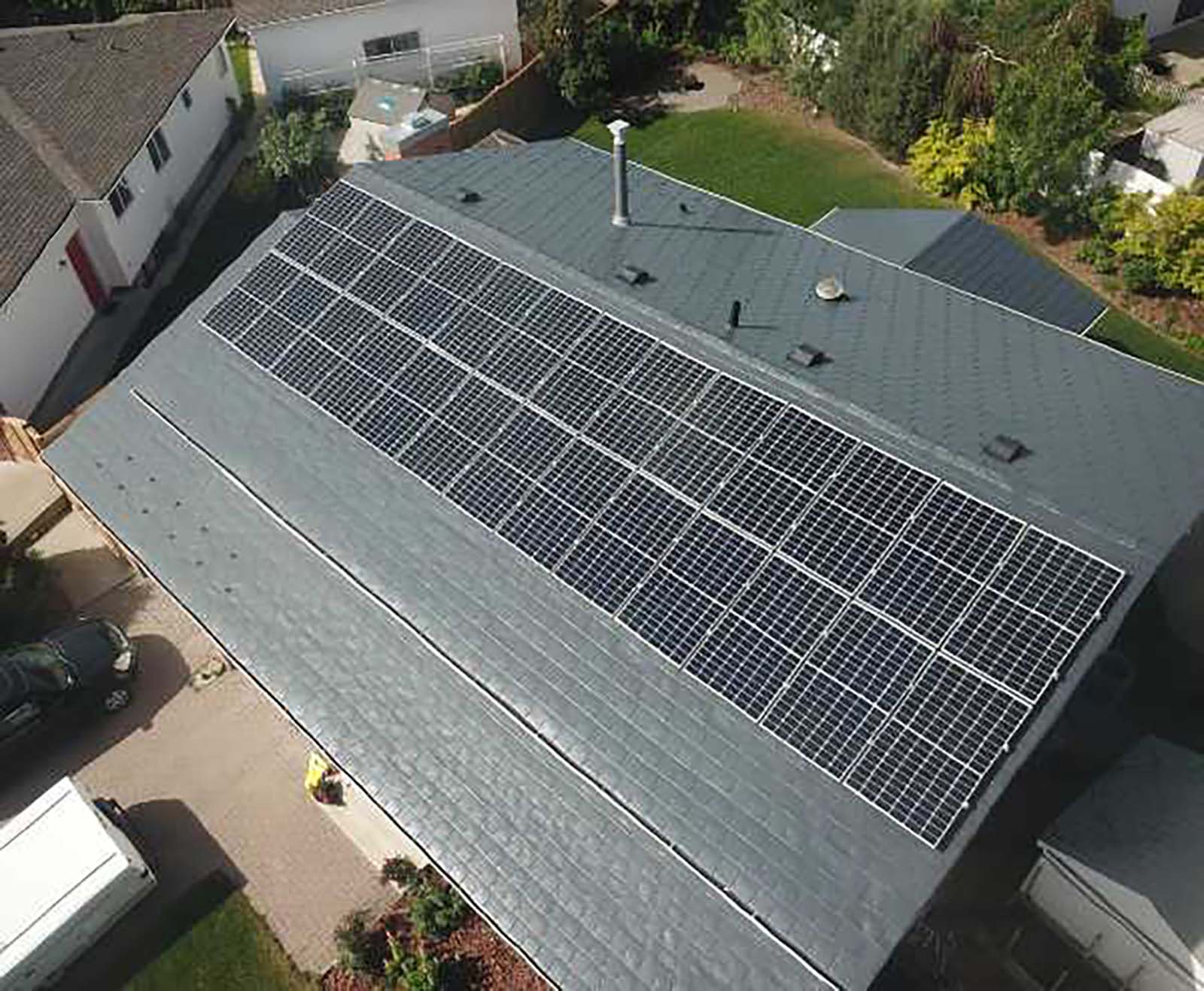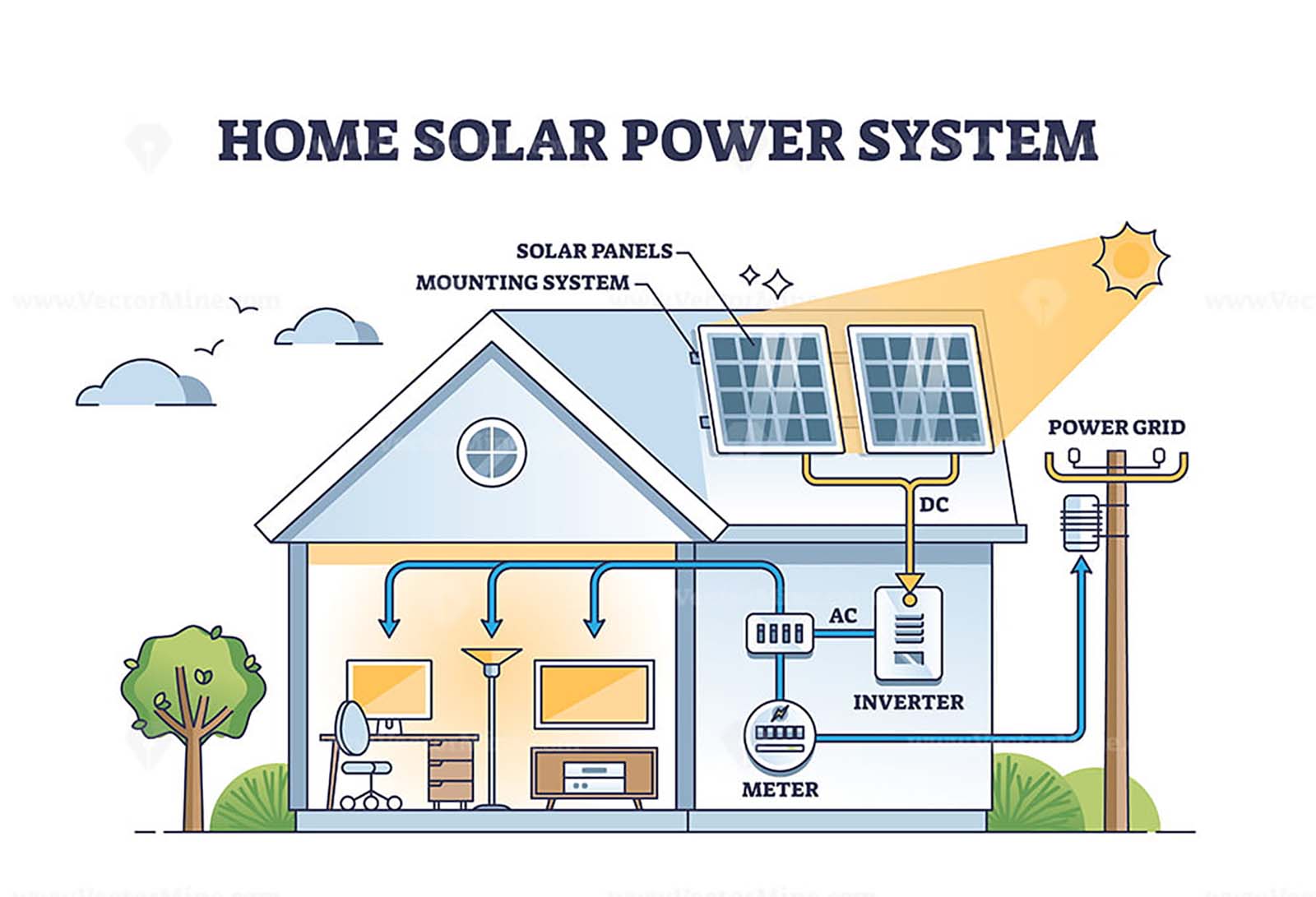Can Capacitors Make a Good Energy Storage for Home?

What are capacitors?
Capacitors are electronic components used to store and release electrical energy. They are made of two conductive plates separated by a non-conductive material called a dielectric. When a voltage is applied to the capacitor, it stores energy in the electric field between the plates.How do capacitors work as energy storage?
Capacitors work by storing energy in the form of an electric field. Unlike batteries, which store energy in a chemical form, capacitors store energy in an electric field between the plates. When the capacitor is connected to a load, it releases the stored energy in a quick burst. This makes capacitors ideal for applications that require rapid bursts of energy, such as camera flashes and power amplifiers.Can capacitors be used for home energy storage?
While capacitors have some advantages, such as high power density and quick charge/discharge capabilities, they also have limitations that make them less suitable for home energy storage.
1. Energy storage capacity
One of the main limitations of capacitors for home energy storage is their low energy storage capacity compared to batteries. Capacitors can only store a fraction of the energy that batteries can store, making them unsuitable for long-term energy storage requirements in residential settings.2. Cost
Capacitors are generally more expensive than batteries when it comes to energy storage. The cost of capacitors for a home energy storage system would be significantly higher compared to using batteries.3. Self-discharge
Capacitors have higher self-discharge rates compared to batteries. This means that over time, capacitors will lose their stored charge, making them less reliable for long-term energy storage.4. Safety concerns
Capacitors can be dangerous if mishandled, as they can discharge large amounts of energy in a short period. This poses safety concerns in a residential environment.5. Limited cycle life
Capacitors have a limited cycle life compared to batteries, meaning they can only handle a certain number of charge/discharge cycles before their performance degrades.In conclusion, while capacitors have certain advantages for specific applications, they are not well-suited for home energy storage due to limitations in energy storage capacity, cost, self-discharge, safety concerns, and limited cycle life. For now, batteries remain the most practical and cost-effective solution for home energy storage.

